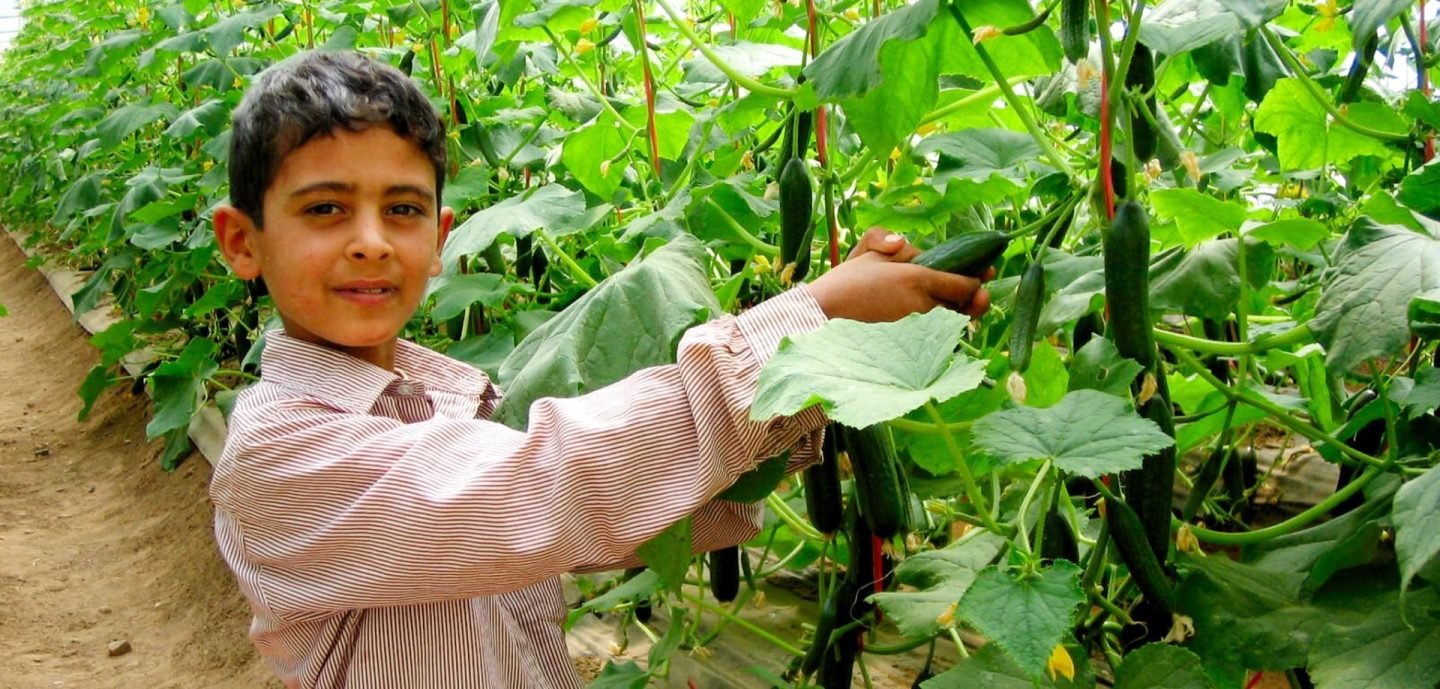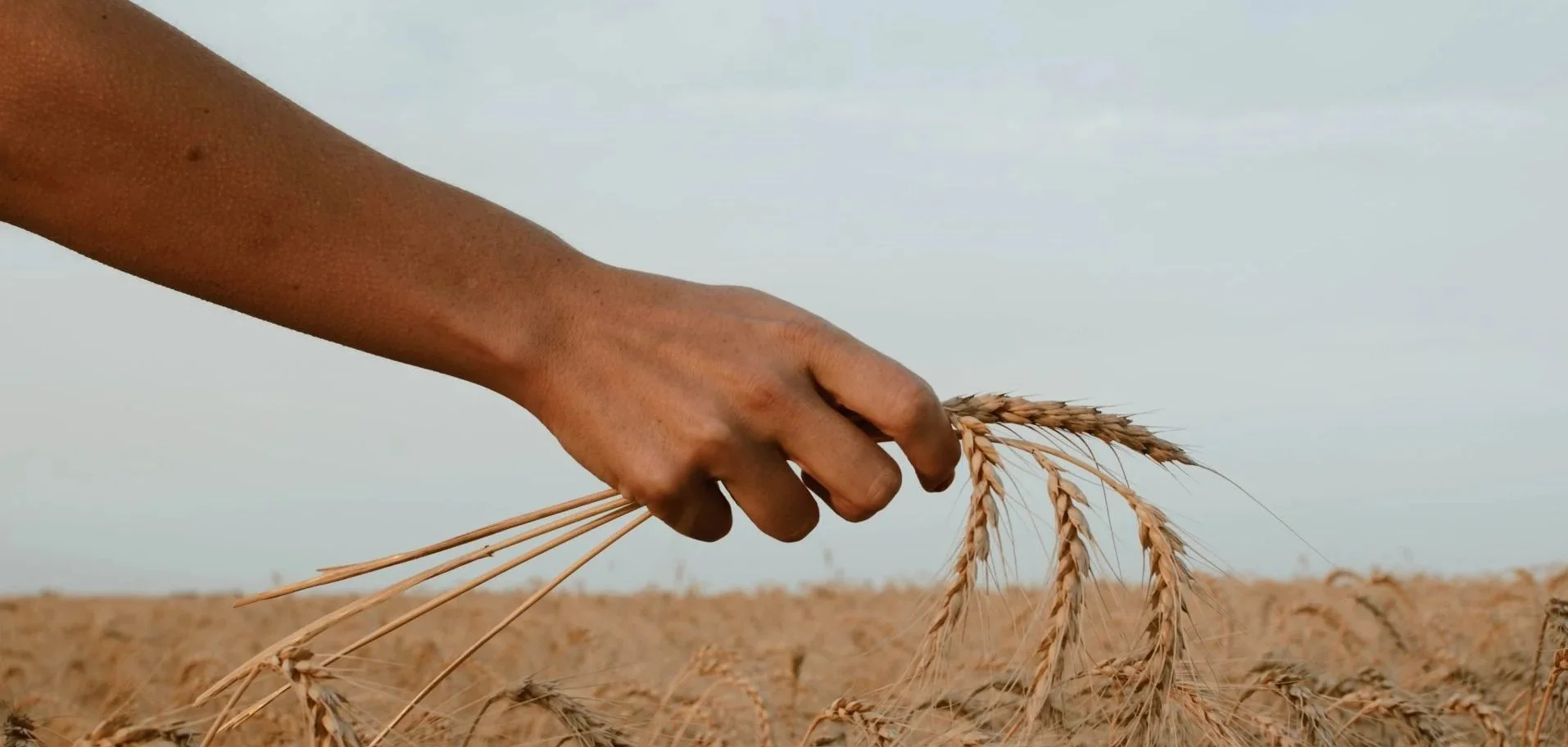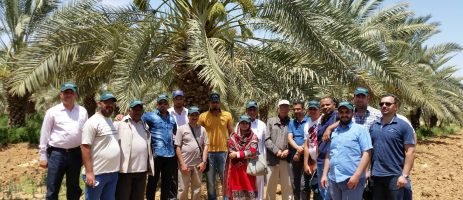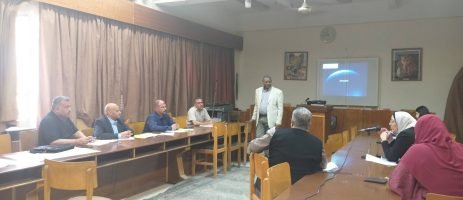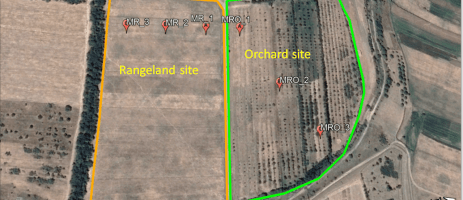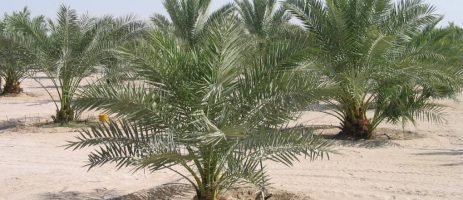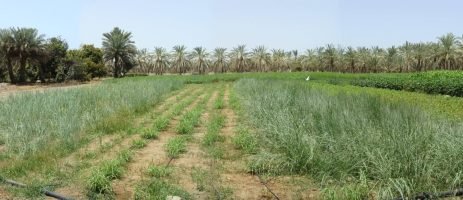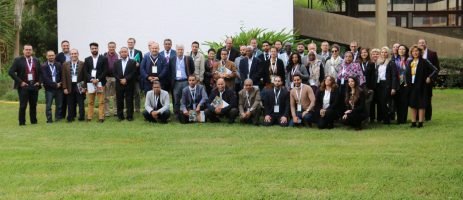Thriving Drylands: Integrate, Collaborate, Flourish
In 2022, ICARDA continued to deliver evidence-based agri-innovations to help rural communities in drylands areas build their own resilience to interconnected and work together to overcome complex climate-related challenges such as dwindling water supplies and expanding desertification.
Our holistic approach recognizes that new technologies need to encompass multiple development outcomes and that to fully tackle climate impacts requires more than a single innovation or organization.
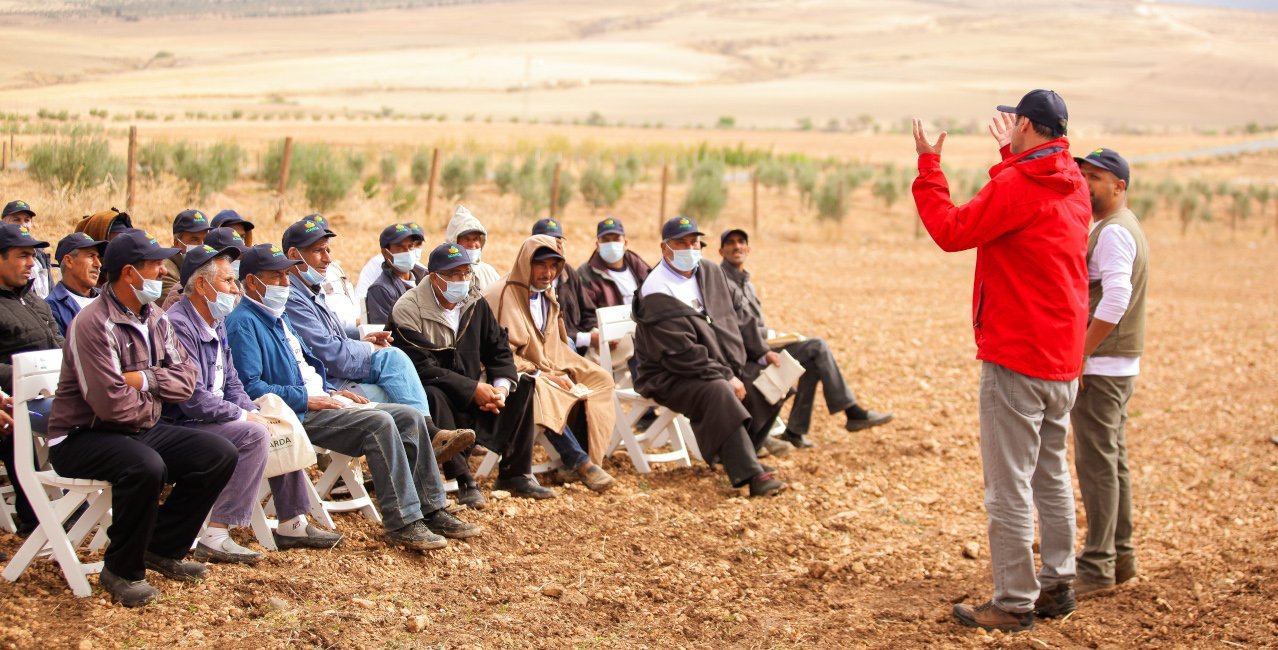
When we develop and implement a major innovation such as a new climate-resilient crop variety, it is part of an integrated package that includes capacity building and technical training programs, optimization of global technology such as affordable tools and machinery, and gender and policy considerations. This provides integrated innovation packages that farmers can tailor and adopt according to need.
For example, in Tunisia, ICARDA combines soil and water management innovation with animal feed, diversified cropping systems, and ICT. While in in Algeria and Tunisia we successfully introduced a mix of innovative and flexible low-tillage, conservation agriculture, and crop/livestock approaches to over 5000 farmers across 6000 hectares to strengthen sustainable farming for generations to come.
Use it or lose it
Even the best innovations can only benefit their target communities if they are adopted. Yet farmers may be reluctant to risk trying new approaches, or community members, such as women and youth, may have limited access to new technologies, or their needs may be overlooked at design stage.
Unfavorable policies can also hinder widescale adoption and scaling, even if unintentionally. ICARDA carries out socioeconomic assessments, gender inclusion techniques, policy research, and context-sensitive targeting to help overcome some of these barriers. In this way we can inform policymakers on improved market services, help women succeed in enterprises such as beekeeping and livestock production, and make sure women and youth are included in research right from the start.
ICARDAs Women Empowerment in Agriculture
Climate change knows no borders.
Cooperation with a network of research, funding, and implementation partners is vital for ICARDA to deliver its mandate and support the global effort to tackle the climate emergency which is now felt even in regions such as Europe and the US. Collaborative research and knowledge-sharing hubs established by ICARDA and its partners, regular outreach to stakeholders, and increased funding from traditional and new kinds of donors will all be essential to deliver the innovations that will result in food and livelihood security for vulnerable communities on the frontline and beyond.
More than the
sum of its parts
Seemingly barren and infertile, deserts are, in fact, a source of livelihoods for millions of people. They offer unique and resilient biodiversity and opportunities for green energy and water management innovation, and cutting-edge agricultural approaches such as vertical and protected farming. For example the Integrated Desert Farming Innovation Systems (IDFIS) initiative, launched by ICARDA in March 2022, is a collaborative initiative that optimizes these resources and promotes sustainable agriculture and food systems in desert regions around the Arabian Peninsula and the Middle East, and global drylands.
We’re in it together
The future success of the IDFIS lies in attracting and optimizing such collaboration. Identifying and unlocking abundant regional desert farming expertise is only possible through partnerships with the region’s National Research and Education Institutions (NARES) and essential but non-traditional collaborators such as biotechnology industries, investment facilities, and the private. In fact the adoption of IDFIP by the Agriculture Innovation Mission for Climate (AIM4C) in May 2023 highlightes the increasing global recognition of such initiatives for food production in desert regions.
Breaking down silos promotes shared knowledge, expertise, and capacities, and is a vital and continuous process for building relevant solutions. It is critical to foster such collaboration to address the challenges faced by dryland communities around the world.
